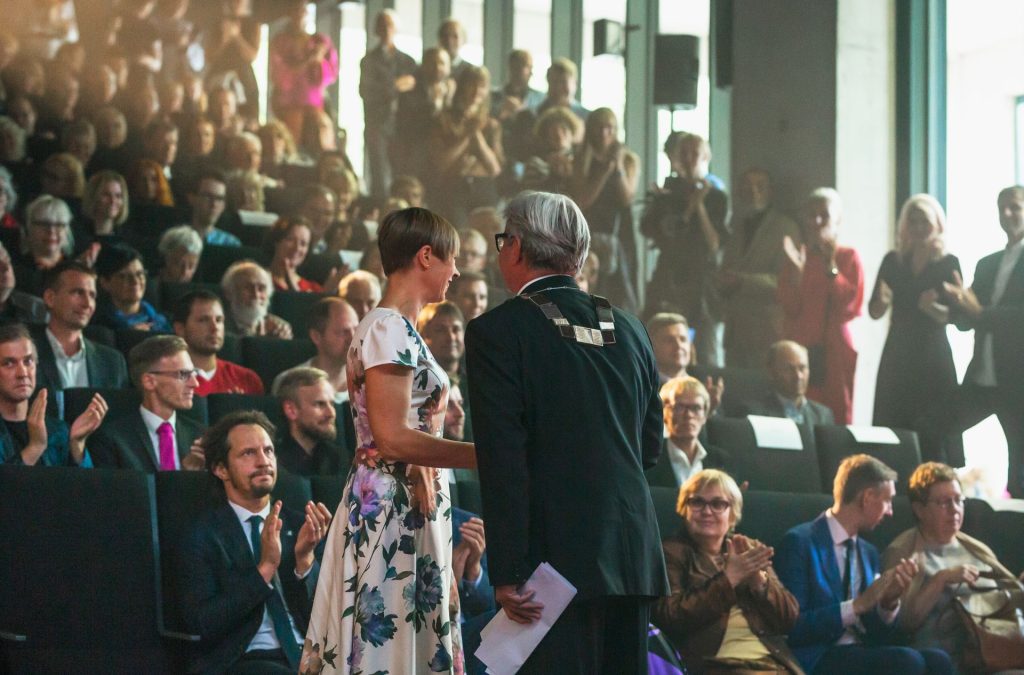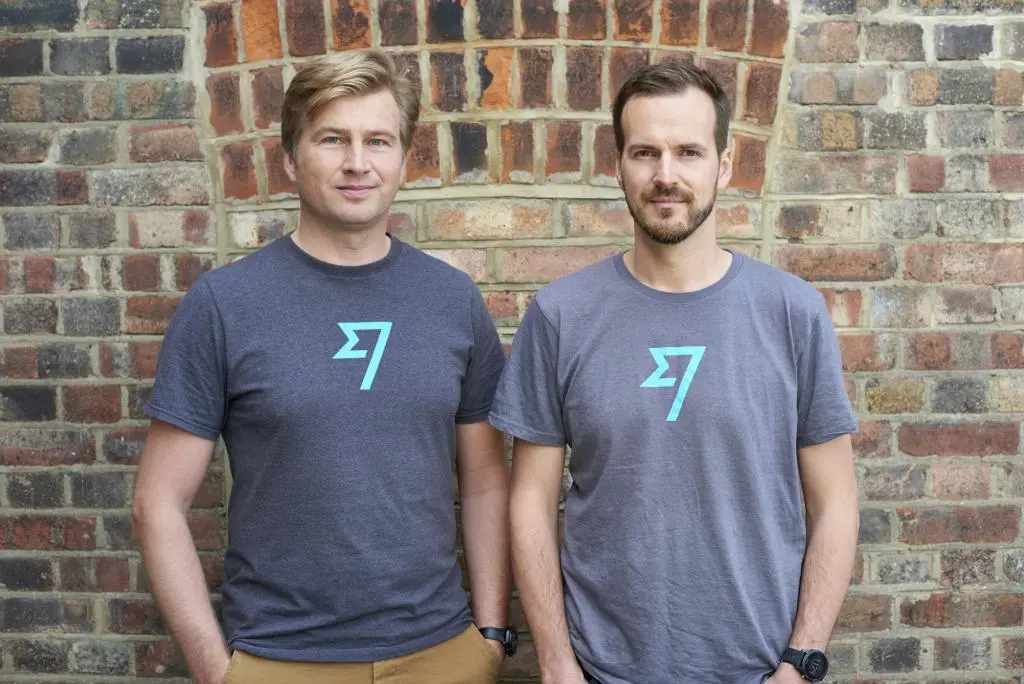advice from successful entrepreneurs on growing your business
Do you find yourself pondering entrepreneurial secrets of success, like:
So, without any further ado, here's some topnotch advice from successful entrepreneurs.
a. Bill Gates
b. Brené Brown
c. Oprah Winfrey
Oprah is aware that you can only grow a company through delegation, but appreciates every single employee's role and value:
d. Sir Richard Branson
e. Taavet Hinrikus
a. Steve Jobs
Apple's spirit of revolution was what set it apart from competitors when it came to product design:
b. Sheryl Sandberg
c. Jeff Bezos
Like Steve Jobs before him, Jeff Bezos did not use his garage to form a band but a business instead.
d. Sir James Dyson
e. Arianna Huffington
Sweet ... and delicious!
More from e-Residency
- Sign up for our newsletter
- Watch fresh video content - subscribe to our Youtube channel
- Meet our team and e-residents - register for our next Live Q&A

